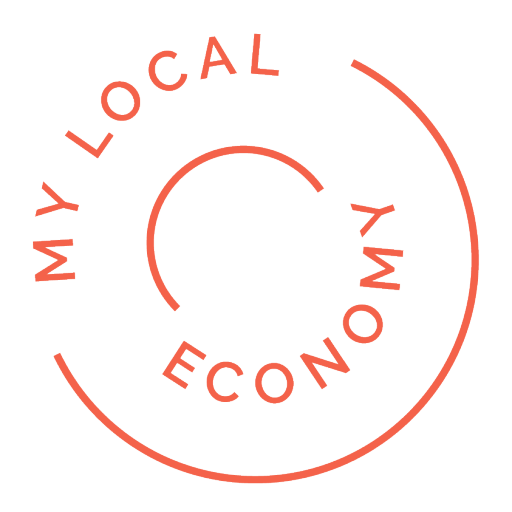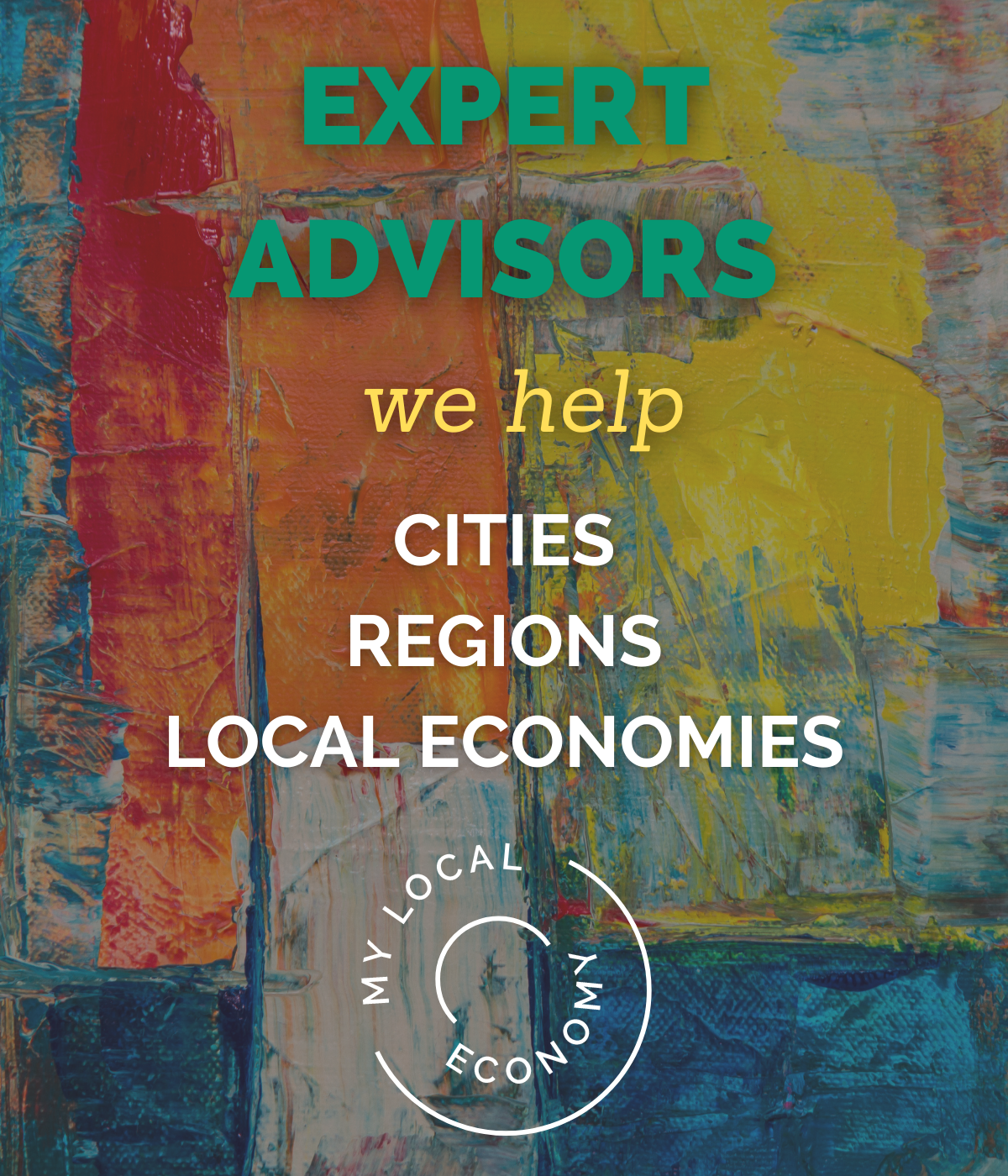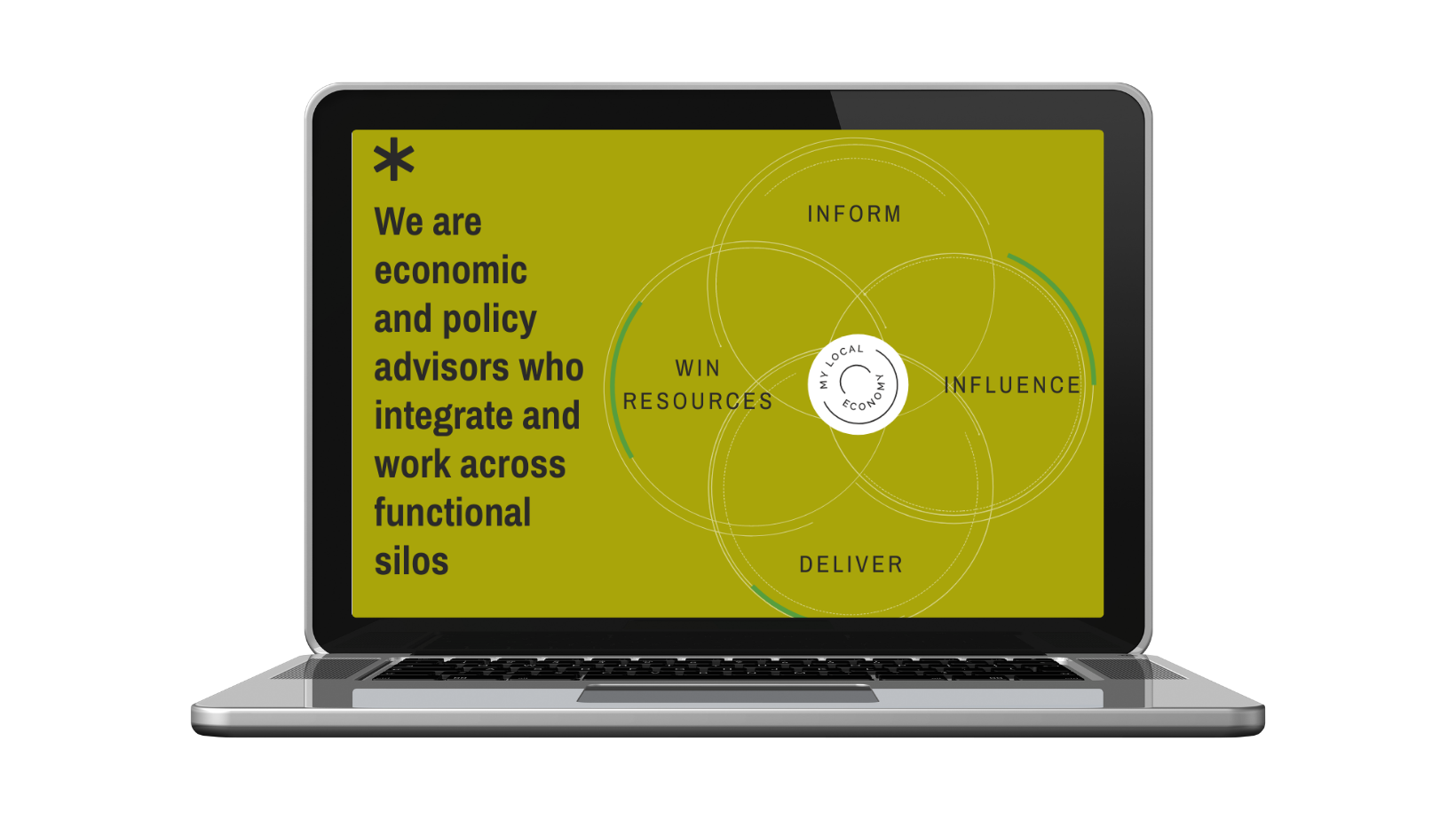
I’ve been working to establish the London-Stansted-Cambridge Growth Commission and a starting point has been – what does success look like? and what do the lessons from successful tech regions and corridors tell us? There is much agreement that there is significant potential from considering the economy between London, Stansted and Cambridge, which includes parts of Hertfordshire, Essex, Cambridgeshire and Peterborough as a ‘corridor economy’. The corridor links high performing local economies and successful high technology industry clusters, and there is a need to explore and articulate what might be done to foster further sustainable growth. The Growth Commission’s job is to objectively and independently understand this growth potential and explore the critical actions and investments required to achieve this.
Let’s ask the Global Experts
As part of that work, we asked Michael Enright, the global expert on tech regions, corridors and regional industry clusters, to become an expert advisor to the Growth Commission, and to put together a paper on the main lessons that he has drawn from his 30-year career.
The core requirements to succeed as a knowledge – based and creative economy
Professor Enright summarises the needs of a region which aims to compete and continue to succeed as a knowledge – based and creative economy as:
- World class infrastructure
- Appropriate industrial/ business sites and premises
- Multiple skills (at all levels, e.g. being able to support provision of skills whether through training institutions and/or providing the right environment to live and work for leaders and highly-skilled professionals)
- Attractive working and living spaces – in particular as senior professionals and leaders are highly mobile and will choose the most attractive places to live, work and do business
It seems that maintaining the attractiveness of the Corridor as a place to live, work and do business, is essential.
Some particular challenges for the Corridor
- Complex governance – the multiple jurisdictions of local authorities and organisations, and the relative position of Central Government in terms of control over resources
- Infrastructural challenges – it is a valid question to ask whether current infrastructure is competitive with other knowledge economies, and whether it is sufficient to encourage further investment and economic activity
- Understanding capabilities, assets and potential – there is perhaps insufficient analysis and insight in terms of the capabilities, supply chains and clusters, and opportunities – i.e. what constitutes the Corridor?
- Identifying the nodes in the Corridor, understanding where there is critical mass – is the Cambridge economy of a sufficient scale and scope to support the corridor as the counterpart to London? Are there sufficient nodes of scale/scope between London and Cambridge?
You can access the full paper here
Through its research programme and series of inquiry events, the LSCC Growth Commission will work to ensure that public and private sector leaders and understand the potential of the Corridor, and there is agreement on the key collaborations and actions needed to realise this.



